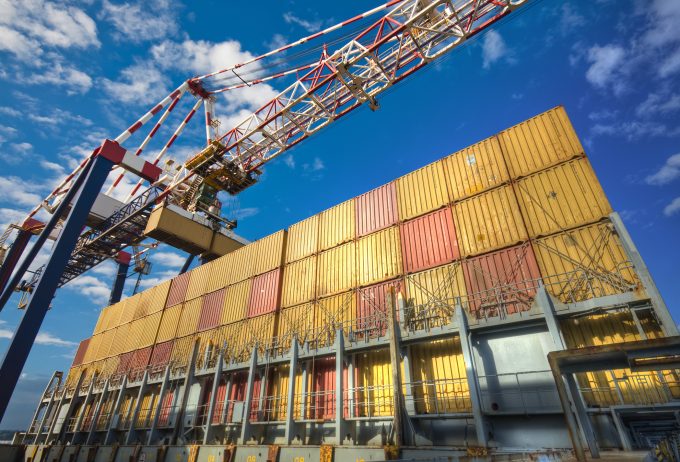Is the swell in box demand here to stay?
Waves and momentum

Developing nations must address the way they approach container packing and take heed of the Cargo Transport Units Code (CTU) if the industry is to improve safety standards on a global scale.
This was the view of a panel speaking at the Safety in The Intermodal Supply Chain Conference in Brussels last week.
Head of goods transport & sustainable development at the International Road Transport Union (IRU) Jens Hugel said that while guidelines had been revised and had the potential to become ...
Amazon pushes into LTL for small package fulfilment and UPS does a u-turn
New senior management for DSV as it readies for DB Schenker takeover
Volumes set to 'fall off a cliff' as US firms hit the brakes on sourcing and bookings
Asian exporters scramble for ships and boxes to beat 90-day tariff pause
Temporary tariff relief brings on early transpacific peak season
'Tariff madness' will prompt renegotiation of ocean shipping contracts
Forwarders 'allowing the fox into the chicken run' by supporting 'hungry' carriers
Response to tariffs by Chinese importers may see extra costs for US shippers

Comment on this article